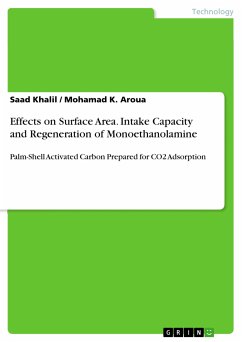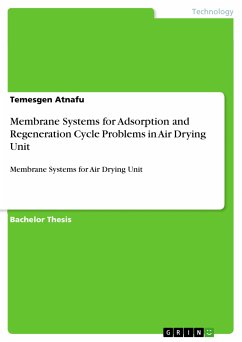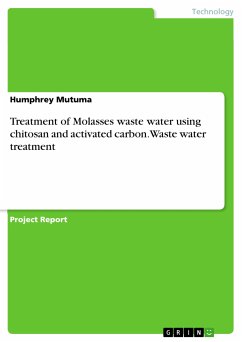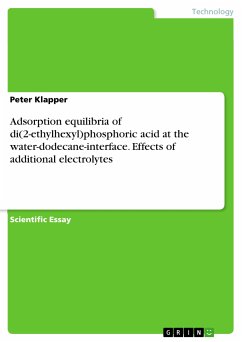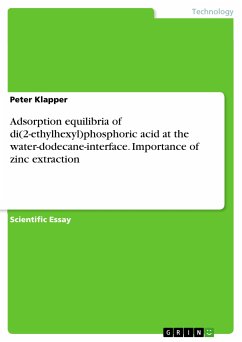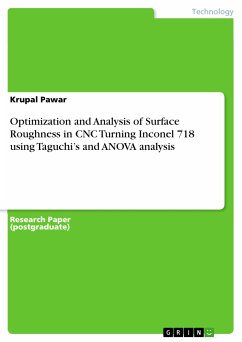Document from the year 2018 in the subject Engineering - Chemical Engineering, The University of Malaya, language: English, abstract: Granular palm shell activated carbon (AC) was impregnated separately with monoethanolamine (MEA) and 2-amino-2-methyl-1-propanol (AMP) to improve its natural capacity and selectivity for carbon dioxide (CO2) adsorption. The total surface area, micropore volume, as well as the heterogeneity of the impregnated AC particles was considerably reduced due to impregnation. CO2 intake of impregnated 500 µm AC particles improved significantly and adsorptive capacity of 500 µm MEA-impregnated AC particles improved by 172 % and 44 % comparing to non-impregnated and AMP-impregnated AC particles respectively. Solid state amine stoichiometric results indicated that adsorption capacity of unhindered amine (MEA) is higher than that of hindered amine (AMP) by 50 % contrary to liquid amines standard stoichiometry. Exhausted AMPimpregnated beds were regenerated by sweeping at room temperature with stream of pure nitrogen (N2) flowing at 60 ml/min for 4 hours. Heating up to 75 °C was required to regenerate exhausted MEA-impregnated beds. Increasing feed gas flow rate has adverse effect on breakthrough time more than increasing bed operating temperature. Breakthrough time was utilized to evaluate the performance of the different adsorption beds.
Dieser Download kann aus rechtlichen Gründen nur mit Rechnungsadresse in A, B, BG, CY, CZ, D, DK, EW, E, FIN, F, GR, HR, H, IRL, I, LT, L, LR, M, NL, PL, P, R, S, SLO, SK ausgeliefert werden.

